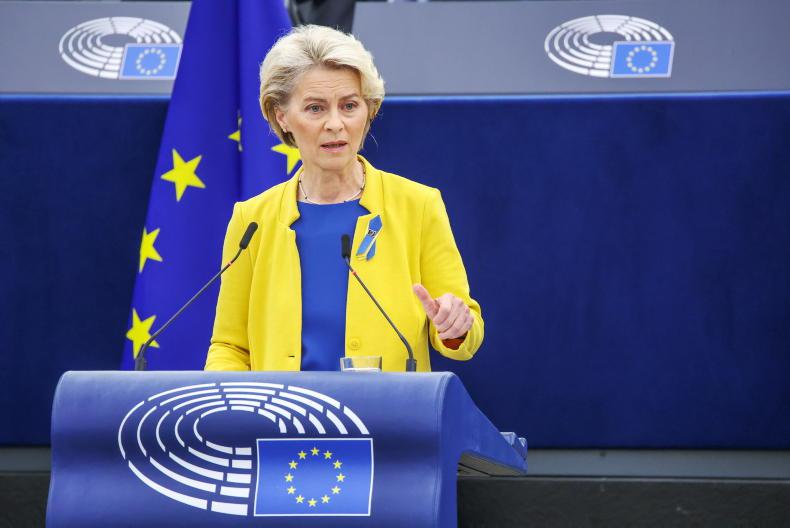The simultaneous unveiling of the European Commission’s CAP proposals and the budget to fund CAP and all EU programmes for 2028-2034 is the very definition of a double whammy.
The merging of the CAP budget into a single fund is being advanced by Ursula von der Leyen. This is despite the opposition of the Agriculture Commissioner Christophe Hansen, EU agriculture ministers, heads of governments, MEPs of every colour in the political rainbow, and every single EU farm organisation.
The CAP proposals themselves contain more threat than hope for farmers, and seem designed to work within a curtailed and compromised budget.
Take, for instance, the plan to take payments away from farmers who get most of their income off-farm.
The reason farmers are part-time is because they can’t gain a full-time income from their holding, and they can’t afford to expand.
Intensification once offered a third route to sustainability, but we have long passed the peak of that curve.
It will also take payments away from younger farmers who are working off-farm to augment their farm income.
That could be to put bread on the table – the proposals acknowledge that farm incomes across the EU are only at 60% of average incomes – or it could be to build up the farm.
Worse still, the 25% threshold will hammer young people who want to farm part-time and have gained a good off-farm career and income.
There will be enough hot air spoken about encouraging young farmers to heat a swimming pool the size of Lough Neagh, but if CAP funds are cut it will be heat with no light.
The best encouragement for young people to go farming is a thriving sector where a decent income is combined with a decent work/life balance.
That won’t be easy when 25% cuts to payments over €20,000 are proposed. These will hit cattle finishers, suckler famers, sheep farmers, tillage farmers and dairy farmers.
Grain farmers, facing a harvest where prices have hardly moved in 40 years, but costs have soared, will feel especially discouraged.
Weather pressures are increasing, mostly thanks to climate change, but the EU continues to deny the resilience that gene-editing can offer to grass and tillage crops.
Disallowing farmers of pensionable age to receive direct payments may primarily be a method of forcing generational renewal.
With the average age of farmers edging ever closer to 60, it also is likely to significantly reduce the volume of direct payments.
A cynic might conclude that the bean counters in the Commission see this as a cost-cutting measure portrayed as an incentive to young farmers.
Ireland’s Government and MEPs have a huge job on their hands to salvage something coherent and effective from this.






 This is a subscriber-only article
This is a subscriber-only article










SHARING OPTIONS: